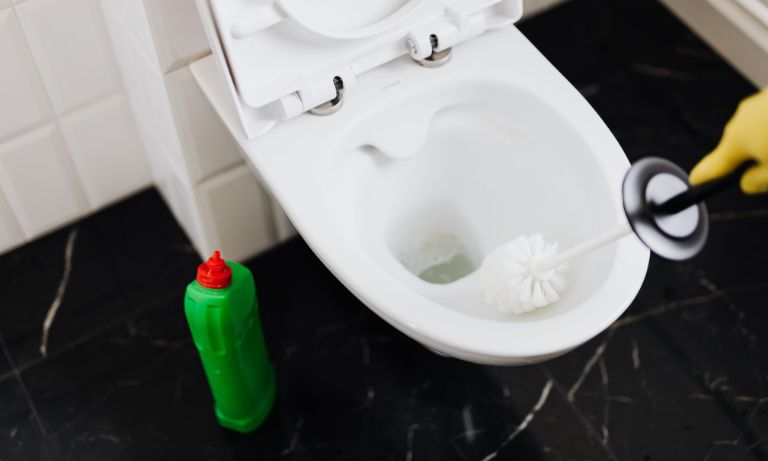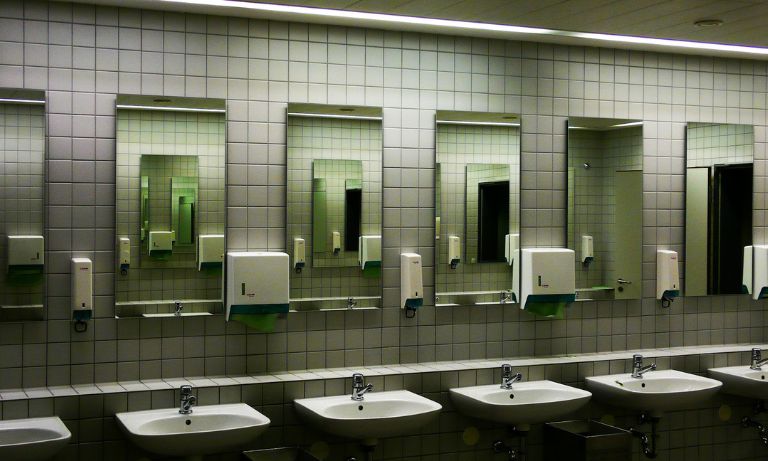Everyday hygiene habits are the invisible protectors of your health. Washing your hands, using toilet paper, and cleaning surfaces may seem like simple acts, but they form the first line of defence against the spread of germs and disease.
As World Toilet Day approaches, it’s the perfect time to reflect on how the seemingly mundane choices we make in the bathroom and beyond shape safer homes, workplaces, and communities.
Understanding the Global Sanitation Crisis
Observed every 19th of November, World Toilet Day was created to highlight the staggering global sanitation crisis and inspire action at every level. Across the world, 3.4 billion people still lack basic sanitation services.
While hygiene may feel like second nature in Australia, there’s evidence that basic hygiene habits are still not a universal practice. A 2024 report found that 19% of Australians do not wash their hands every time they use the toilet, and 42% don’t consistently ash before handling food. Bridging these gaps in behaviour in your everyday is just as important as solving infrastructural shortages across the world.
Hand Hygiene: A First Line of Defence
Your hands touch countless surfaces throughout the day, from keyboards and doorknobs to public transport rails. Without proper hand hygiene, these everyday interactions can quickly spread germs and cause illnesses.
Both hand soaps and hand sanitisers are essential components of a complete hygiene routine, but they serve different purposes.
- Hand soaps remove dirt, grease, and germs through friction and rinsing. They’re ideal for use in restrooms, kitchens, and after handling food or waste.
- Hand sanitisers are designed for quick disinfection when soap and water aren’t available. They’re convenient for high-traffic areas such as receptions, classrooms, and offices.
A combination of both offers the best defence. Using soap dispensers near sinks and sanitiser stations in shared spaces ensures everyone has access to effective hand hygiene options. Eco-conscious organisations can also explore sustainable innovations like SOAP2O, dissolvable hand soap sachets that minimise plastic waste and reduce the carbon footprint of hygiene supplies.
Toilet Papers and Tissues: Unsung Hygiene and Sanitation Heroes
While hand hygiene often takes the spotlight, toilet paper and tissue paper are equally essential for maintaining comfort, cleanliness, and dignity.
The choice of toilet paper products can make a real difference, not only in user experience but also in environmental impact. Brands like SHH!T Happens and Who Gives A Crap are leading examples of how everyday hygiene products can be both high-quality and eco-friendly. Their rolls are made from recycled paper or bamboo and packaged plastic-free, supporting sustainable sanitation practices that benefit both people and the planet.
The humble tissue paper is also an indispensable tool for controlling respiratory pathogens. The second major route of germ transmission is through the air. From deposited droplets from coughs and sneezes to using hand dryers in the bathroom without proper hand washing, choosing tissue paper is a small action that can effectively prevent the spread of illnesses in shared spaces.
Cleaning Chemicals: Supporting Surface Sanitation

Hand hygiene is critical, but surface sanitation matters too. Germs can live on toilet seats, bathroom sinks, kitchen counters, office desks, and other surfaces for hours, making routine cleaning and disinfection essential. This often involves using appropriate cleaning chemicals to kill pathogens. Understanding the difference between disinfectants, sanitisers, and general cleaners ensures that hygiene efforts are targeted and effective.
Why Basic Hygiene Habits Matter Every Day
Hygiene isn’t just about products, it’s about habits. Here are simple actions that protect health and promote dignity:
- Flush responsibly: Avoid flushing wipes or non-biodegradable items.
- Wash hands regularly: Especially after using the toilet and before eating.
- Use tissues properly: Cover coughs and sneezes, then dispose of tissues immediately.
- Choose sustainable products: Support brands that give back to sanitation causes.
- Educate others: Share hygiene tips with family, friends, and colleagues.
These habits may seem small, but they create a ripple effect of health and awareness.
World Toilet Day: A Global Message with Local Meaning
World Toilet Day may sound light-hearted, but it has a deeply serious message. Billions of people still live without proper toilets and access to running water. For those of us with access to clean facilities, it’s a reminder of our shared responsibility to maintain and protect them. Every time you wash your hands, choose recycled toilet paper, or refill a soap dispenser, we’re contributing to the larger global goal of safe sanitation for everyone.
This year’s theme, “Sanitation in a Changing World,” highlights the growing challenges of maintaining safe sanitation as our environment and societies evolve. From increased flooding that damages infrastructure to rising temperatures that affect water quality and availability, climate change, urbanisation, and population growth are putting immense pressure on sanitation systems worldwide.
These shifts are also happening in Australia, with changing weather patterns and extreme events impacting water systems and hygiene management in schools, healthcare facilities, and workplaces. These changes remind us that resilient sanitation systems are essential to protect public health in every environment.
By investing in sustainable hygiene products and responsible waste management, we can adapt to these challenges. Choosing eco-friendly hand soaps, refillable soap dispensers, and recycled toilet paper are small yet meaningful ways to reduce waste, conserve water, and build a sanitation system fit for a changing world.
This theme also underscores the need for collective action. Governments, businesses, and communities must work together to ensure access to safe sanitation remains equitable and sustainable, no matter how the world changes.

